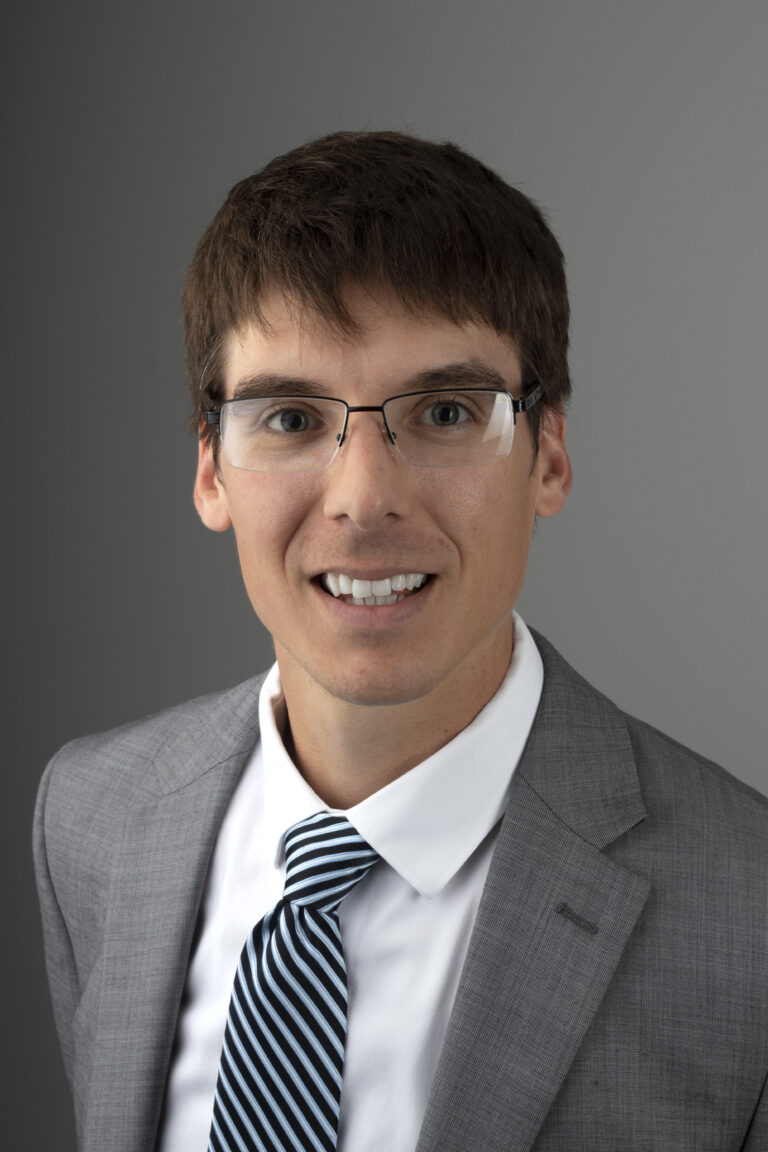Pump the brakes on your week and take 10 minutes to make your life as a surgeon just a little better…
Jeff welcomes to the podcast Otolaryngology surgeon, James Naples, MD.
In this podcast, we discuss the surgical mindset. If you’re a performance-driven surgeon, it can be difficult at times to manage the challenges of the perfectionist mindset. We expect our best every time and the best out of those around us.
There are times when we struggle in ways that appear technical but are more psychological, how our hands function is simply a manifestation of what our mind is doing. As a result, it’s important to address the performance mindset so that we can improve efficacy across the board.
What steps does Jim suggest we take to improve our mindset as surgeons?
- Step 1 – Rehearse & Visualize. Surgery is 1% perspiration and 99% preparation. Rehearse and visualize important events before they happen so you’re better prepared.
- Step 2 – Script All Possible Outcomes. If you think through every possible outcome and how to react to each, you will be fully prepared for the procedure.
- Step 3 – Limit Distractions. This may be controversial, but it’s important to remove all distractions (including music) from the operating room to clear your mind and find readiness. [Jim and I may have some different opinions on this, which we will share in a future podcast.]
Most importantly, PRACTICE your surgical mindset to attain your best outcomes!
Guest: James Naples, MD

Dr. James Naples is the Residency Program Director of Beth Israel Deaconess Medical Center Department of Otolaryngology-Head and Neck Surgery and a Clinical Advisor at Harvard Medical School. He has mentored residents and students through various stages of their training, and focuses on ways to improve their performance. Clinically, he is interested in cochlear implant, Acoustic Neuroma and vestibular disorders.
Dr. Naples earned his medical degree from the University of Connecticut School of Medicine and stayed there to complete his residency training in otolaryngology–head and neck surgery. He then completed his fellowship training in neurotology at the Perelman School of Medical at the University of Pennsylvania.
